What is fucoxanthin used for?
Fucoxanthin, a unique carotenoid found primarily in brown seaweed, has garnered significant attention in recent years due to its potential health benefits and diverse applications. This powerful compound, often available as fucoxanthin powder or extract, is making waves in the worlds of dietary supplements, skincare, and medical research. In this comprehensive guide, we'll explore the various uses of fucoxanthin and its promising potential across different industries.

Is Fucoxanthin Widely Used in Dietary Supplements?
Fucoxanthin has indeed found its way into the booming dietary supplement market, with many manufacturers incorporating this marine-derived compound into their products. The growing interest in fucoxanthin supplements stems from their potential health benefits, particularly in the areas of weight management and metabolic health.
One of the primary reasons for its popularity in dietary supplements is its potential to support weight loss. Research suggests that fucoxanthin may help increase metabolism and promote the breakdown of fat cells, particularly in the abdominal area. A study published in the journal "Marine Drugs" found that fucoxanthin supplementation led to significant reductions in body weight and abdominal fat in obese individuals.
Beyond weight management, organic fucoxanthin is also being explored for its potential antioxidant and anti-inflammatory properties. These characteristics make it an attractive option for those seeking to support overall health and well-being. Some dietary supplements combine fucoxanthin with other beneficial compounds, such as omega-3 fatty acids or green tea extract, to create comprehensive health formulations.
It's worth noting that while fucoxanthin shows promise, more research is needed to fully understand its effects and optimal dosage in humans. As with any dietary supplement, it's essential to consult with a healthcare professional before adding fucoxanthin to your regimen, especially if you have any pre-existing health conditions or are taking medications.

How is Fucoxanthin Utilized in Skincare Products?
The skincare industry has also taken notice of fucoxanthin's potential benefits, incorporating this marine-derived compound into various products. Its antioxidant properties make it an attractive ingredient for those seeking to combat the signs of aging and protect the skin from environmental stressors.
One of the primary ways fucoxanthin is utilized in skincare is through its ability to neutralize free radicals. Free radicals are unstable molecules that can damage skin cells, leading to premature aging, fine lines, and wrinkles. By incorporating fucoxanthin into skincare formulations, manufacturers aim to provide an extra layer of protection against these harmful molecules.
Additionally, fucoxanthin extract has shown promise in helping to reduce the appearance of hyperpigmentation. A study published in the "Journal of Dermatological Science" found that fucoxanthin inhibited melanin production in skin cells, suggesting its potential as a natural skin-lightening agent. This property makes it an attractive ingredient for products targeting dark spots and uneven skin tone.
Some skincare brands are also exploring its potential to support skin hydration and barrier function. While more research is needed in this area, preliminary studies suggest that fucoxanthin may help improve skin moisture retention and overall skin health.
As the demand for natural and marine-derived skincare ingredients continues to grow, it's likely that we'll see more products featuring fucoxanthin in the coming years. From serums and moisturizers to sunscreens and anti-aging treatments, this versatile compound is making its mark in the world of skincare.

Does Fucoxanthin Have Potential Medical Applications?
While fucoxanthin powder is already making waves in the supplement and skincare industries, its potential medical applications are perhaps the most exciting area of research. Scientists are exploring the compound's therapeutic potential for a range of health conditions, with promising results in preclinical and early clinical studies.
One of the most extensively studied areas is its potential anti-cancer properties. Research published in the journal "Nutrients" suggests that fucoxanthin may help inhibit the growth and spread of various types of cancer cells, including those of the colon, prostate, and breast. While these findings are preliminary and primarily based on laboratory and animal studies, they highlight the need for further investigation into fucoxanthin's potential as an adjunct to cancer treatment.
Its anti-inflammatory properties have also sparked interest in its potential to treat inflammatory conditions. A study published in "PLOS One" found that fucoxanthin supplementation reduced markers of inflammation in obese mice, suggesting it may have applications in treating obesity-related inflammatory disorders. This research opens up possibilities for its use in managing conditions such as arthritis, inflammatory bowel disease, and cardiovascular disorders.
Another area of interest is its potential neuroprotective effects. Preliminary research indicates that fucoxanthin may help protect brain cells from oxidative stress and inflammation, potentially offering benefits for neurodegenerative conditions like Alzheimer's and Parkinson's disease. While more research is needed, these early findings are encouraging for the development of novel therapies.
It's important to note that while the potential medical applications of fucoxanthin powder are exciting, most of the current research is still in the preclinical or early clinical stages. Rigorous human trials are needed to confirm these potential benefits and establish safe and effective dosages for medical use. As research progresses, we may see fucoxanthin-based therapies emerging as complementary or alternative treatments for various health conditions.

Fucoxanthin Powder Supplier
Looking to secure a reliable partner for your production needs? Look no further than Rebecca Bio-Tech. With our three advanced production lines, we produce over 100 high-quality products, including fucoxanthin powder, with an annual capacity exceeding 2,000 tons. Our commitment to a stable supply chain ensures consistent availability for your business. We offer competitive pricing and provide free samples along with MSDS documents, showcasing our dedication to transparency and customer satisfaction. Reach out to us at information@sxrebecca.com to learn more and take the first step towards a successful partnership.
References:
- Abidov, M., et al. (2010). The effects of Xanthigen™ in the weight management of obese premenopausal women with non-alcoholic fatty liver disease and normal liver fat. Diabetes, Obesity and Metabolism, 12(1), 72-81.
- Maeda, H., et al. (2018). Anti-obesity and anti-diabetic effects of fucoxanthin on diet-induced obesity conditions in a murine model. Molecular Medicine Reports, 18(1), 943-952.
- Shimoda, H., et al. (2010). Anti-pigmentary activity of fucoxanthin and its influence on skin mRNA expression of melanogenic molecules. Journal of Pharmacy and Pharmacology, 62(9), 1137-1145.
- Urikura, I., et al. (2011). Protective effect of fucoxanthin against UVB-induced skin photoaging in hairless mice. Bioscience, Biotechnology, and Biochemistry, 75(4), 757-760.
- Matsui, M., et al. (2016). Protective effects of fucoxanthin against ultraviolet B-induced sunburn in hairless mice. Journal of Functional Foods, 26, 250-260.
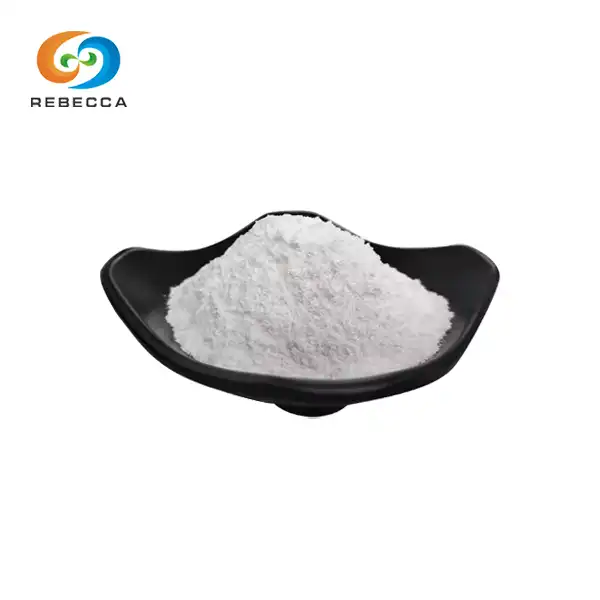
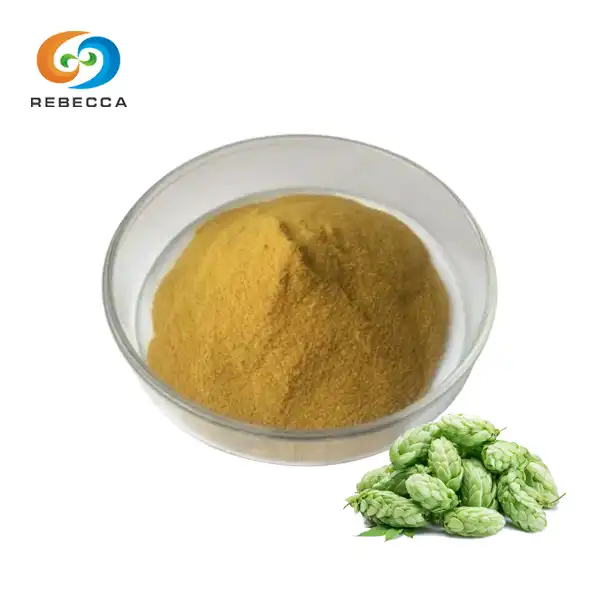
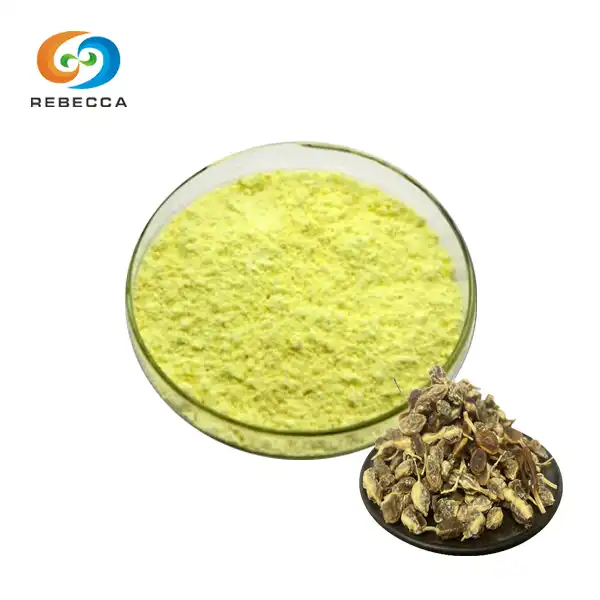
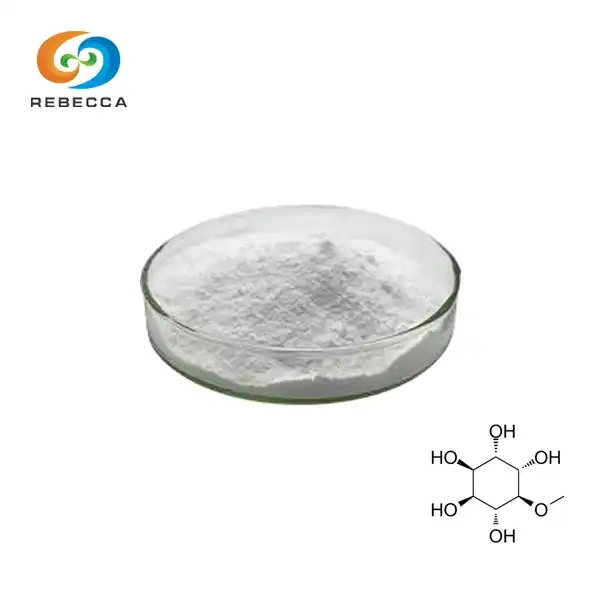
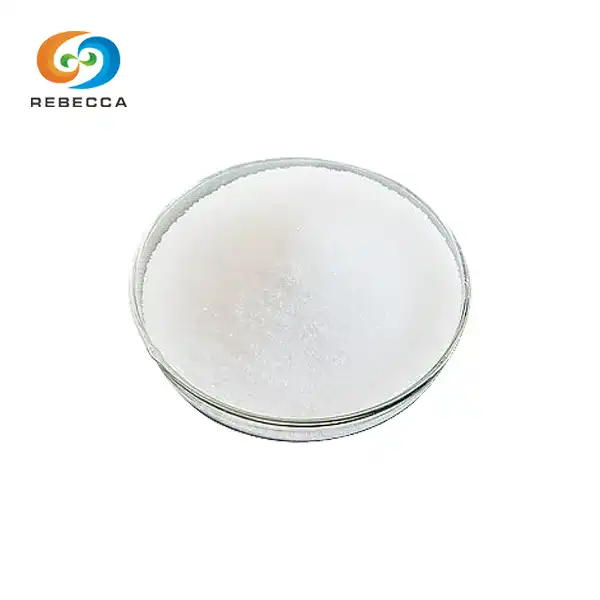
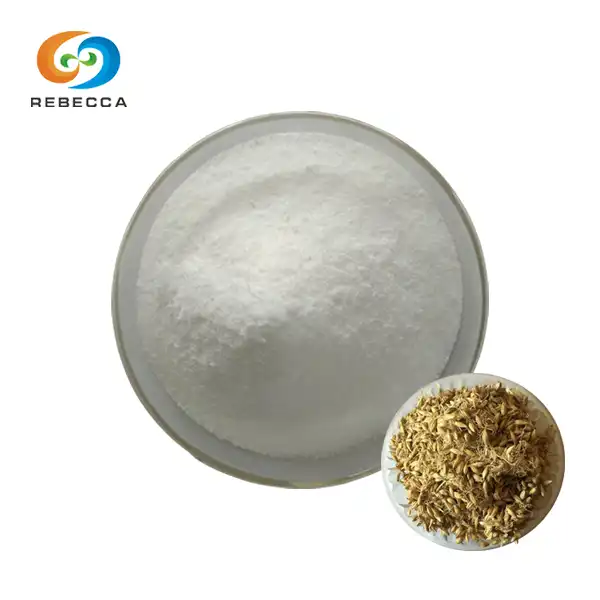
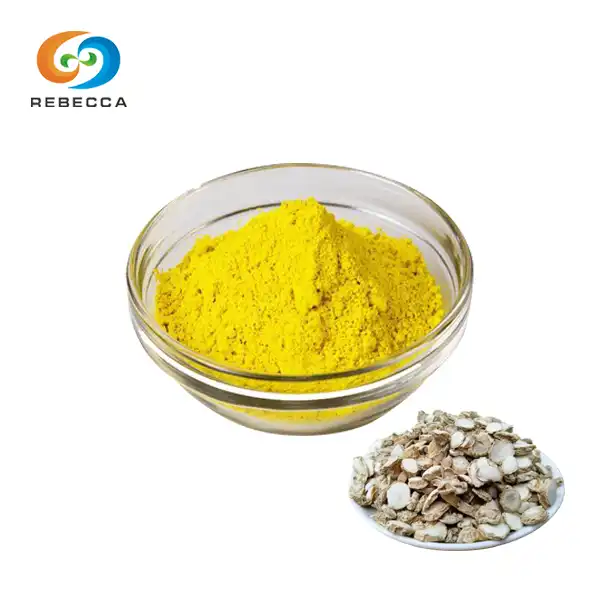
_1730079799361.webp)
